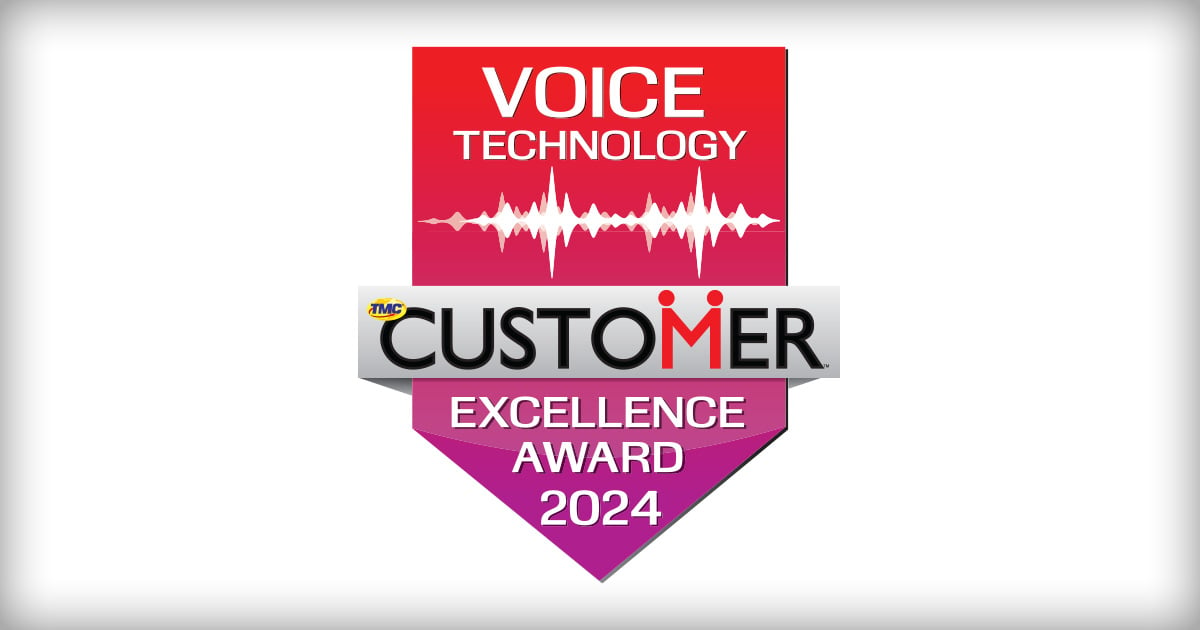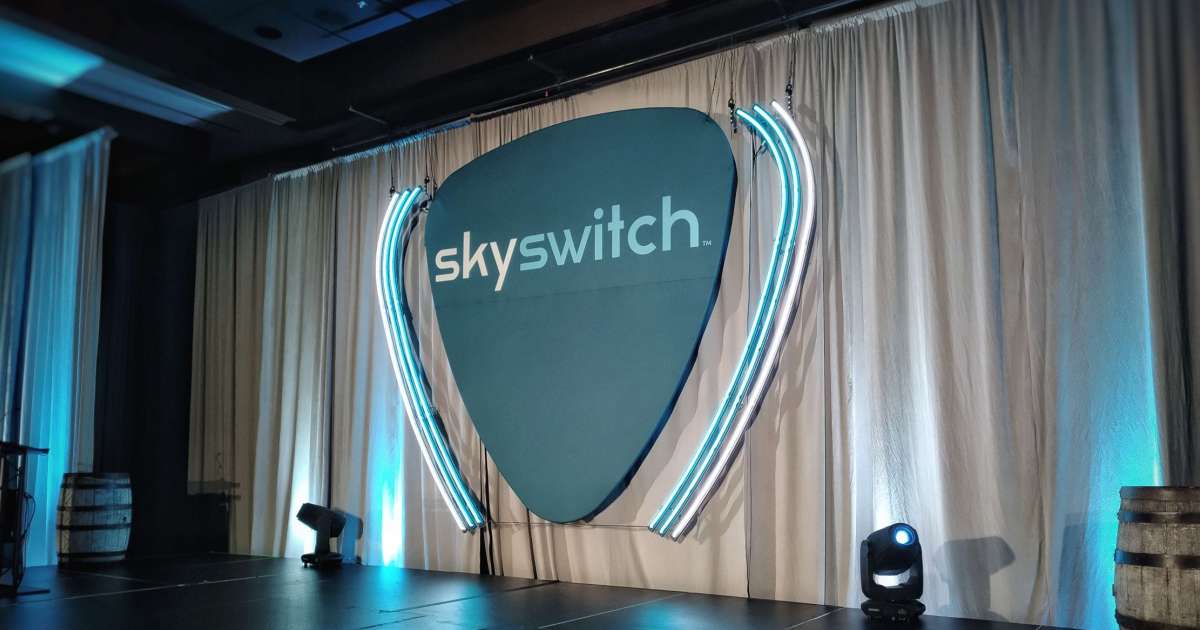The original call center started as a silo within a company. Any problem solved there remained there – and the expertise stuck with those employees and systems. In fact, big-picture information about customer issues and concerns rarely made it out, making it nearly impossible for organizations to utilize the information for customer-experience programs.
Call centers have since evolved to become contact centers, and today’s customers expect choices in the way they choose to communicate and they expect more responsiveness from every interaction. Those once “siloed” channels are now taking center stage as the main customer touchpoint, and collectively they can provide insights that predict shifts in customer attitudes, allowing contact centers to predict the future of their business as a whole.
Massive technological advancements are what’s behind the new role played by contact centers. Two developments are critical for the continued contact center success.
The Connected Customer Journey
Today, people get instant gratification through having a world of information in the palm of their hand. By 2020, there will be 6.1 billion smartphones in use, representing 70 percent of the global population. By that same year, Gartner predicts 26 billion common household devices – anything with an on/off switch – will have the potential to be connected.
As technology and connectivity evolve, these billions of devices will be networked to collect and share data. Contact centers will use this to their advantage, analyzing data in real time from the very machines their customers are contacting them regarding.
While 2020 might seem far off, customers already have the potential to connect with a brand anytime, anywhere. They expect self-service channels and convenient problem-solving from their customer-service providers. Now any brand experience that’s not seamless across every communication channel seems like it’s from the dark ages.
Today, it’s a point of differentiation when contact centers are not a passive collector of fragmented customer information. Two capabilities are putting companies ahead of the competition.
New analytic tools process the contact center’s unstructured data and combine it with structured data from other departments to uncover insights. What is discovered often confirms learnings for product development and inspires programs to proactively build brand loyalty and more.
Additionally, contact centers can proactively guide customers to the best channel for their needs. This capability ensures their agents have a fully documented view of each customer and their situation, being able to resolve issues effectively and efficiently.
The Shift to the Cloud
With its ties to geography and time zones – not to mention necessary investments in hardware and software – a traditional, on-premises contact center will be hard-pressed to keep up with these technological advancements. According to a survey of North American contact centers, 70 percent of organizations have on-premises-based solutions, while only 30 percent were cloud-based.
Some contact centers are preparing for the future. Of the on-premises contact centers surveyed, 28 percent said they would evaluate a move to the cloud within the next year, and almost 51 percent said they will evaluate a move to the cloud after 12 months. According to the IDC, cloud solutions are set to grow six times faster than all software.
At a steady pace, companies are choosing to move to a service-based infrastructure thanks to the cloud’s numerous benefits. For example, the long-term savings are substantial, including reductions from not having to purchase and maintain equipment, improved productivity through reduced operational responsibility, reduced switching costs allowing greater system optimization, and systems that can rapidly scale. Additionally, a cloud-based system provides the platform to integrate CRM and all other front- and back-office solutions that are being used by the contact center team.
Along with simplifying the agent desktop, a cloud-based system offers many advantages to the entire team. Easier access to real-time and contextual data helps provide insights that are beneficial for training, scheduling and performance reviews. Shifting the operational responsibility to the cloud-based service provider frees staff to focus on business requirements rather than maintaining up time.
The days of the traditional call center are clearly numbered. To keep up with changing customer demand and expectations, technology advancements and industry trends, today’s contact centers need to adapt for the future or risk becoming obsolete – a future that’s heading toward the clouds.
 Wes Hayden became CEO of Virtual Hold Technology (VHT) in July of 2012. He has spent over 30 years in the tech industry, focused on establishing successful go-to-market strategies that are backed by strong operational processes. Wes spent the majority of his career at Genesys, where he served as President and CEO. During his time there, Wes grew the company’s revenue significantly, established Genesys as the contact center platform market leader, and successfully engineered several acquisitions, which contributed to the stellar growth of the company. In addition, Wes has served as president of LiveOps, a North American based provider of cloud computing solutions for contact centers, and served as President of the Enterprise Division at Nuance Communications. Wes holds a BS degree from the University of Illinois, Champaign-Urbana, and an MBA from the Kellogg Graduate School of Management at Northwestern University. He sits on a number of non-profit boards, including the Glenkirk Foundation in Northbrook, Illinois and the International Women’s Democracy Center in Washington, D.C. Today, Wes’ leadership is propelling VHT’s surge to become leaders in delivering innovative solutions focused on providing amazing customer experiences and elevating net promoter scores for customer-centric organizations.
Wes Hayden became CEO of Virtual Hold Technology (VHT) in July of 2012. He has spent over 30 years in the tech industry, focused on establishing successful go-to-market strategies that are backed by strong operational processes. Wes spent the majority of his career at Genesys, where he served as President and CEO. During his time there, Wes grew the company’s revenue significantly, established Genesys as the contact center platform market leader, and successfully engineered several acquisitions, which contributed to the stellar growth of the company. In addition, Wes has served as president of LiveOps, a North American based provider of cloud computing solutions for contact centers, and served as President of the Enterprise Division at Nuance Communications. Wes holds a BS degree from the University of Illinois, Champaign-Urbana, and an MBA from the Kellogg Graduate School of Management at Northwestern University. He sits on a number of non-profit boards, including the Glenkirk Foundation in Northbrook, Illinois and the International Women’s Democracy Center in Washington, D.C. Today, Wes’ leadership is propelling VHT’s surge to become leaders in delivering innovative solutions focused on providing amazing customer experiences and elevating net promoter scores for customer-centric organizations.
If you’re interested in hearing more about cloud communications and the future, be sure to check out TMC and Crossfire Media’s newest conference and expo, Communications 20/20, happening July 18-20 at Caesars Palace in Las Vegas. The event will focus on the next wave of technology and innovations that will transcend the importance of person to person contact, disrupting the future of the entire communications industry. Find out more HERE.
Edited by Stefania Viscusi





